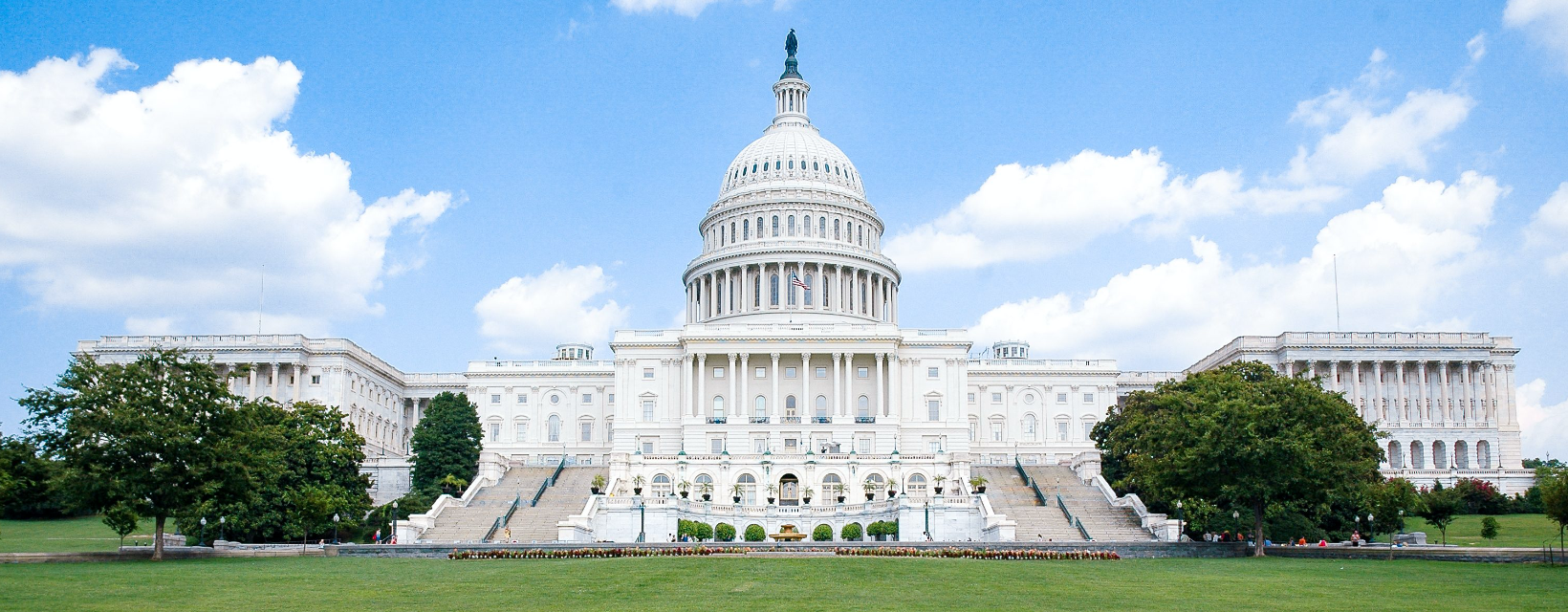Today, CEOs from Amazon, Apple, Facebook, and Google spent five hours testifying virtually before the House Judiciary Antitrust Subcommittee. Executives faced questions related to the power their companies have over a wide array of issues including fair competition, the digital marketplace, influence on public opinion, political agendas, and privacy. Overall, Apple fared well, Amazon was more neutral, while Google and Facebook had a longer day.
Regulating big tech appears to have bipartisan support
From a high level, the hearing was more about subcommittee members framing their views of why big tech should be regulated and advancing their own political agendas. The hearing did not appear to be a fact-finding mission with the leaders of the most influential tech companies.
A century of antitrust framework is already in place
The purpose of the subcommittee is to explore new anti-trust laws to regulate big tech. It’s too early to determine if new legislation will emerge from the committee’s work, and it’s important to note that there is already an anti-trust framework in place. In other words, the subcommittee may yield no new legislation, only a recommendation to enforce existing policy. That enforcing of existing laws may embrace the status quo or be problematic for some of the companies attending today.
This topic will linger for years
While today was a historic gathering of tech leadership, the antitrust conversation began to build momentum a year ago and will likely take multiple years to resolve. The greatest risk related to the topic of regulation for each of these companies is a prolonged distraction, diluting the focus on innovation. Microsoft experienced this very same distraction starting in 1998 and ending in 2004, including appeals. That distraction was costly and arguably played a role in Microsoft missing the mobile opportunity.
Today’s winners and losers
Given the subject matter and confrontational nature of these hearings, we view today’s winners as the companies that received the fewest unique questions and the losers as the companies that fielded the most unique questions. These questions loosely reflect the subcommittee’s long-term regulatory focus. In total, we counted 76 unique questions asked.
- Winner, Apple: Apple received 15 questions, about 20% of all questions asked. Cook fielded questions related to the App Store take rate along with policies regulating app availability. Beyond the number of questions, the topics for Tim Cook largely orbited around the App Store, which we estimate accounts for about 5% of Apple revenue. By comparison, the other tech companies fielded questions that impacted the majority of their revenue.
- Neutral, Amazon: Amazon received 18 questions, about 24% of all questions asked. Bezos fielded questions regarding third-party data collection practices, preferential treatment for Amazon goods, and policing counterfeit goods.
- Loser, Facebook: Facebook received 21 questions, about 28% of all questions asked. Zuckerberg fielded questions regarding Facebook’s role in free speech, anti-competitive M&A philosophy, product innovation, and social justice.
- Loser, Google: Google received 22 questions, about 29% of all questions asked. Pichai fielded questions regarding search result rankings, suppression of conservative views, and Google’s corporate values, and Google’s ad network.
